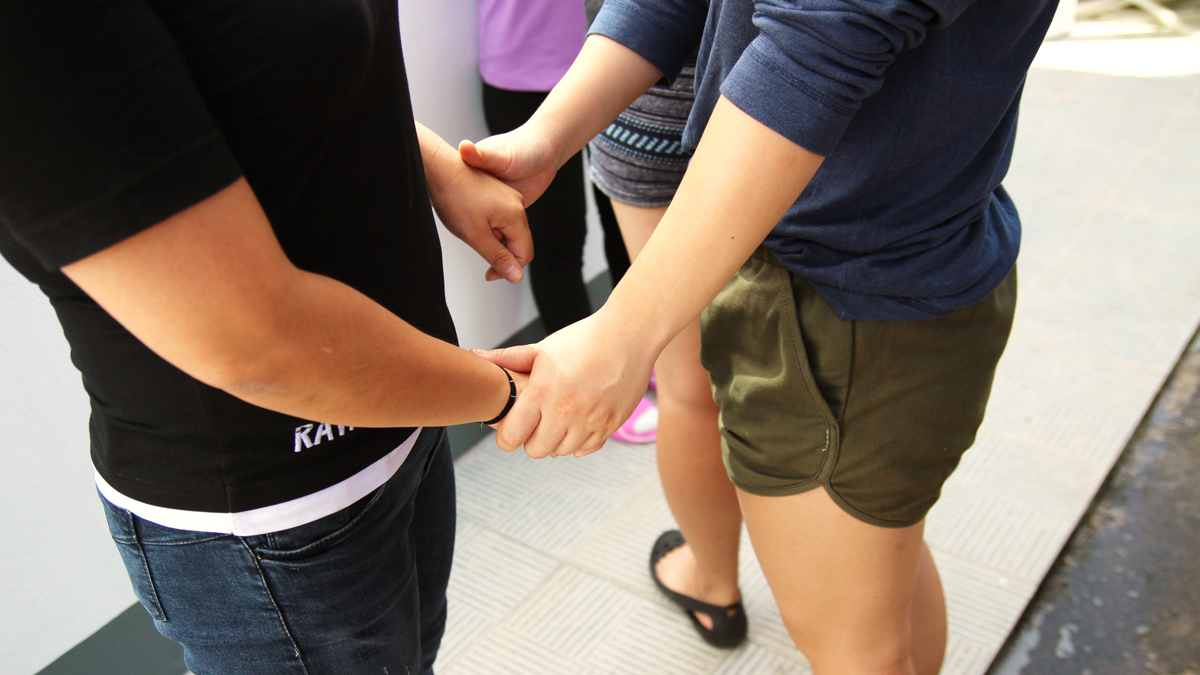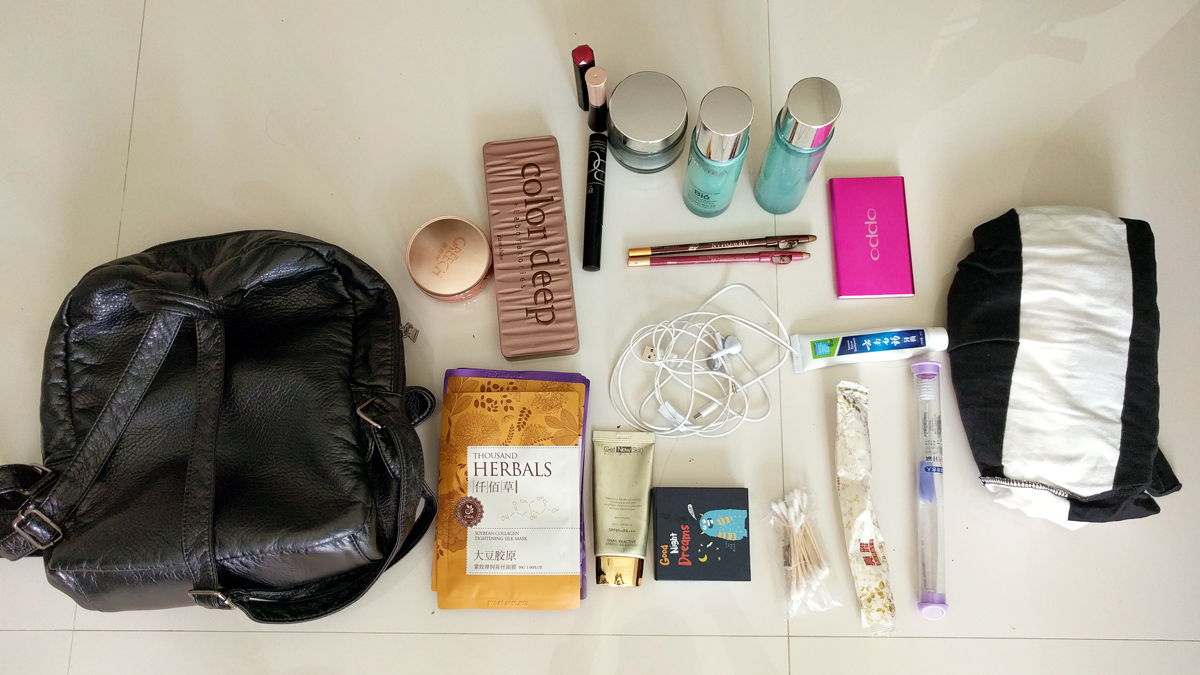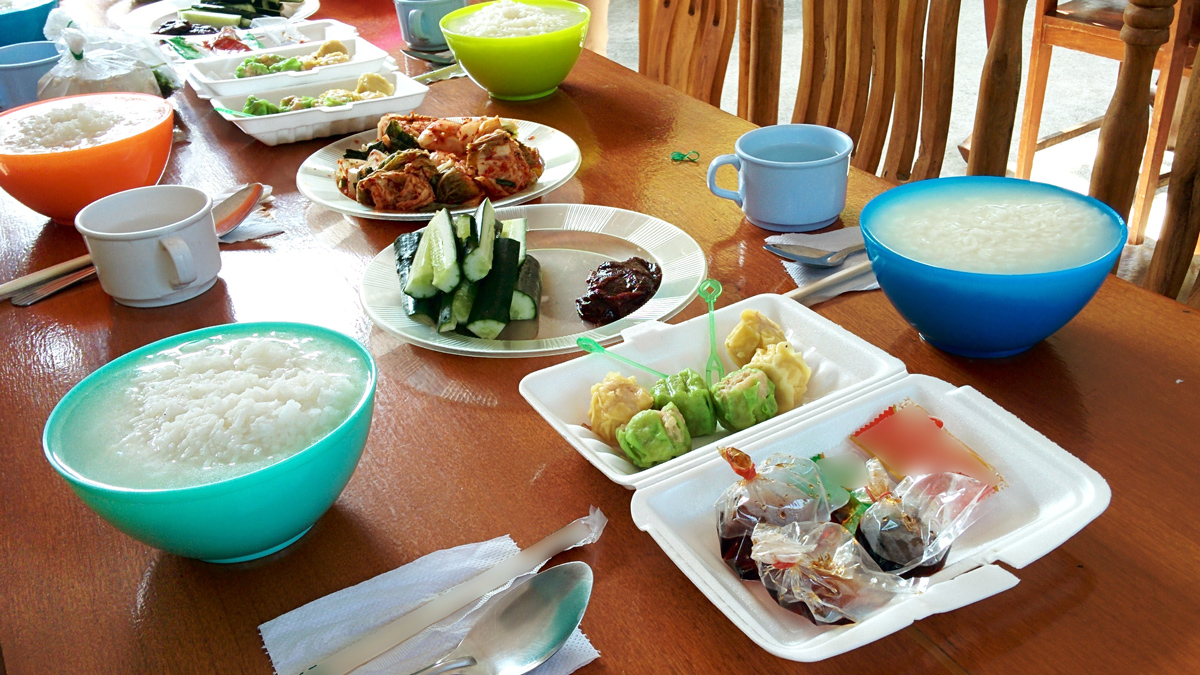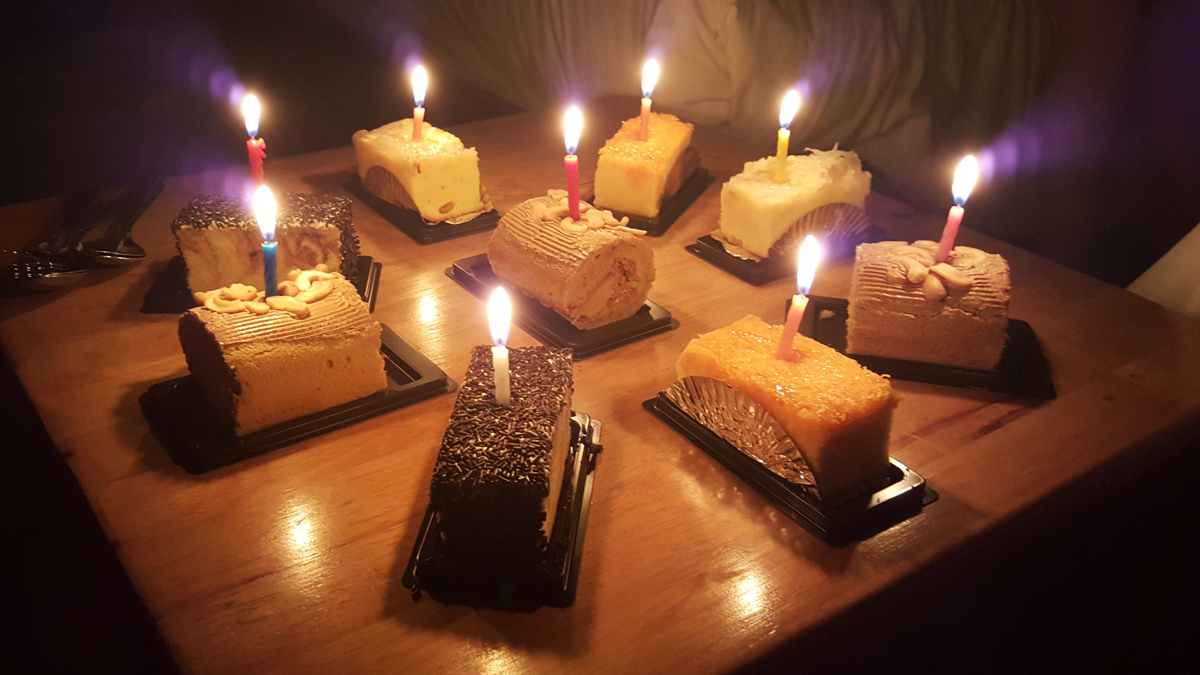North Korean Agents of Change | Seohyun’s Story
It was an ordinary taxi ride. The driver struck up a casual conversation, commenting about the weather, asking what I do. At some point I shared that I was from North Korea- after two years studying abroad in China, I was used to the curiosity that typically followed.
But instead, the driver pointed to a picture of Deng Xiaoping on his rear view mirror. He explained how China was able to open up, reform, and get out of poverty. Then he asked, very pointedly, “why hasn’t your leader done the same thing, and left the people to starve?”
That was the moment when over two decades of brainwashing finally began to unravel.
My name is Seohyun Lee and I’m an advocate for the North Korean people. I was born and raised in Pyongyang, North Korea’s capital. This is my story.

I had the unique opportunity to study in China because of my father’s position and commitment to the regime. He was a high-ranking overseas economic officer, and was allowed to bring his children if he could afford all living expenses and tuition. At first, my brother and I alternated our time in China- one member of the family always had to stay behind as a hostage. But in 2010, the regime adopted a more open policy that allowed entire families to be together, so we were all finally reunited.
Growing up in Pyongyang, the circle of elites was very small. Every so often, you’d hear about a family that was sent to a political prison camp because someone’s son or daughter acted out of line. I restrained myself from an early age because I knew my actions and words could threaten the safety of my loved ones.
So even after learning the truth about North Korea, there was not much I could do. I hoped that because Kim Jong Un was a younger guy who had also studied abroad in Switzerland, our generation could change North Korea with more open-minded leadership. But it turned out to be even worse than before.

My fondest memories in China are with my roommate, another North Korean exchange student. She was my best friend and like a big sister to me. We traveled, shopped, and shared many delicious meals together. When I was sick with the flu, she took me to the hospital and stayed by my side until my IV was finished. During those years, she was like another part of me.
I’ll never forget the last time I saw her. I watched helplessly as she was forcefully taken from our dorm room by North Korean officers. Her father was executed for being associated with Kim Jong Un’s uncle, and she was sent to a political prison camp with the rest of her family.
That day, my eyes were opened to the brutality of the regime. To them, we were just like batteries to be thrown away when used up. Our lives never mattered.
I miss her so much. I really want to believe that she’s still alive, and one day I can meet her again.

What happened to my roommate was not an isolated incident. Starting in 2013, there were countless executions and purges happening in North Korea under the Kim Jong Un regime. My family and I lost many friends, neighbors, and respected colleagues. While dealing with great loss, we also knew that at any moment, we could be next.
It was a crisp fall evening. My family and I drove to a park and left our phones in the car. We walked until we were out of earshot, and finally talked openly about what we should do.
My father worked hard because he had hope that improving the economy would better the lives of the people. But we realized that under the current system, what he desired was not possible. So in order to save ourselves and also bring change to the country, we decided to leave in October 2014.

My dad still has a huge heart for North Korea. But I want to make sure that his love for the country is separated from being loyal to the regime. Back in North Korea, he worked tirelessly for a better future for the people. Today, he’s working towards the day where every North Korean has guaranteed human rights and three meals a day.
Like a lot of Asian parents, my father is not good at outwardly expressing affection. The way it manifests is through constant nagging. I didn't get it when I was young, but as I’ve gotten older, I now understand that's how he shows his love and care for us.
There have been moments when I’ve wished I was born in a different country. But when I think about my family, I never regret it.
My dad has been our foundation, my mom is the most thoughtful and perfect woman I know, and my brother has always looked out for me. We all love and support each other, especially after going through so much together.

This fall, I started my graduate studies at Columbia University. I never imagined that I would be chasing my dreams here in America. I hope to use everything I learn to bring a better future for the North Korean people, even after they become free from the current regime.
When my family and I left China, we came here not only to save ourselves, but with ambitions to change the system and bring freedom. Many people have not been as lucky as I have, so I feel it is my privilege and obligation to be a voice for my fellow North Koreans. I believe many of them are already opening their minds to the outside world.
We need to let them know that there’s a global movement of people who have their backs, and we can’t wait for them to be free.

It’s #GivingTuesday, the year’s biggest day of generosity! As we work towards creating the best version of our world, we’re making sure it’s one where every North Korean is free.
Your support will allow us to continue investing in North Korean agents of change - people like Seohyun - who are leading this movement and transforming one of the most repressive countries in the world.
Through access to English language programs, mentorship, scholarships, and more, you can help us support more North Korean refugees as they pursue their dreams and impact this issue.
Give Today
Women’s History Month: Honoring the Bravery of North Korean Women
By: Jennifer Kim
Jennifer* is Liberty in North Korea’s Field Manager. Over the years, she’s carefully stewarded our secret rescue routes and helped countless North Korean refugees reach safety and freedom.
Approximately 70% of North Korean defectors are women. Throughout their journey, they face unimaginable challenges, including human trafficking, confinement, and sexual violence.
For Women’s History Month this year, we asked Jennifer to share her experiences supporting North Korean women who have made the brave decision to escape, and bring light to the stories of real people behind the numbers and statistics.

A Transformative First Mission
When I first began this line of work, I was filled with both excitement and anxiety. “Will I be able to connect well with these people?” “Will the field be too dangerous?” Even in my position as a staff member, there were times when the situations we encountered felt riskier because I was a woman.
On my first mission, the group we brought to safety were all women. From their small requests, like asking for sanitary pads, to moments where they cautiously shared their harrowing experiences of human trafficking in China, I found that we could connect on a deeper level because I was also a woman. I realized my role wasn’t just to be a staff member, but to stand by these people as they needed me, as a fellow woman. From then on, the fear I had initially felt about this work transformed into conviction.
North Korean Women At the Forefront of Resistance and Survival
After meeting many North Korean women defectors, I’ve come to learn that there are unique challenges and experiences that only they face. Women in North Korea are not as restricted to job assignments as men, so they’re the ones actively engaged in informal economic activities. They’re running their own black-market businesses and trading smuggled goods, shifting economic power from the regime into the hands of the ordinary people.
Women also make up the majority of North Korean defectors at over 70%. In freedom, they’re leading advocacy efforts and raising awareness for this issue.
I've come to think that perhaps women in North Korean society were the first and most desperate to stand up in resistance.

At the same time, the reality is that women are more vulnerable to gender violence and crime. The moment they cross the North Korean border and set foot on Chinese soil, their precarious legal status and the fact that they are women become risk factors that can lead to human trafficking, sexual exploitation, and forced prostitution. If these dangerous situations lead to pregnancy and childbirth, women often remain in China for years, even decades, weighed down by the conflicting emotions of their longing for freedom and their maternal instincts.
All of the women I met during my first rescue mission were survivors of being trafficked into forced marriages. While there are some cases where these women meet kind families and live in a relatively less dangerous environment, most have to endure difficult lives. One woman who we rescued in 2024 said that in the early stages of her life in China, she was confined and tied up in a single room by the man who bought her. Others had to do forced labor in one of China’s many factories.
Not a News Story, But a Person’s Story
About ten years ago, I watched a video of a woman my age testifying about the hardships and sexual violence she experienced during her defection from North Korea. As a South Korean, I couldn't believe that such things were happening just across the border. Shocked and ashamed of my indifference, I cried for a long time, then resolved to do something.
North Korea used to be something I only saw and heard about through a TV screen. Now those distant news stories have become the personal experiences of the North Korean mothers and friends I’ve met in the field.
At first, I simply wanted to help as best I could. But as time went on and I met more North Koreans, my perspective gradually changed. Now, I feel like I'm not so much ‘helping’ as I am meeting incredible superwomen who have overcome tremendous adversity.
My role is to constantly remind them of their resilience and potential, so they don't forget it themselves.

“This is My First Time Being Treated Like a Queen”
After a successful mission, our team ensures our newly arrived North Korean friends have a proper meal, get some rest, and receive basic necessities. On one occasion, one woman told me, “This is the first time in my life that I have been treated like a queen.”
She had just reached freedom after ten years in a forced marriage to a Chinese man. Her words resonated with me deeply. I realized once again that our work isn't simply about helping people achieve physical freedom; it's about restoring a person's forgotten dignity.
That woman has since resettled in South Korea and runs a small shop. She’s continued to stay in contact with LiNK, sharing updates about her life. One day, she shyly announced her marriage. She’s starting a new chapter with a person she chose and wanted.

Walking Together In Solidarity
Through the friendships I’ve made and stories I’ve witnessed in the field, my connection to this issue has deepened over time. These women aren’t just “nameless” North Koreans, but people like us, living their daily lives; someone’s daughter, sister, or mother. I didn’t set out to do this work for over a decade. But day by day, hearing each story, meeting each person, and holding their hands has naturally led me down this path.
Listen to their stories, and I believe that you too will encounter a heart for the North Korean people.
– Jennifer Kim, LiNK Field Manager
*Jennifer is a pseudonym used to protect our field manager’s identity and avoid compromising this work.

Help North Koreans Win Their Freedom
From inside the country to on the global stage, North Korean women are driving change on this issue. Driven by necessity, desire to care for their loved ones, and aspirations to forge their own path in this world, their pursuit of freedom is both intentional and instinctive.
Liberty in North Korea doesn't just extend a helping hand to North Korean refugees—we’re cultivating the next generation of North Korean leaders, entrepreneurs, and advocates, and doing this work alongside them.
Become a monthly donor today at $20 per month to help more North Koreans reach safety and gain full authorship of their lives in freedom.




